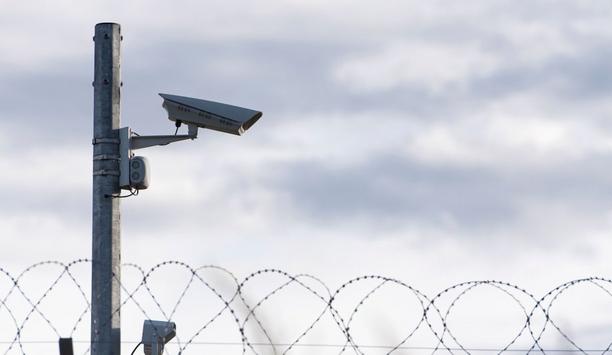 |
| The guide advises on the range of ways by which access control systems can be used in a more energy efficient manner |
By maximising the environmental sustainability of their security systems, companies can not only save money, but also help contribute towards eco-stability, which can be a fantastic starting point from which an organisation can promote itself to both relevant bodies and the public as a whole.
This is the main message behind a new guide published by the British Security Industry Association (BSIA). The guide provides essential advice on the ways in which various Access Control security systems can be used to reduce the environmental footprint of various companies and organisations employing them.
The guide, which combines the resources and knowledge of the BSIA’s Access Control Section membership, gives comprehensive advice on the range of ways by which Access Control systems and technology can be integrated and used in a more energy efficient manner.
As well as this, the guide also includes advice on connected legislation and necessary legal requirements, helping companies to negotiate the necessary standard requirements which accompany the use of Access Control technology, such as the 2010 Equality Act and the Disability Discrimination Act, which ensures that all Access Control devices are accessible for disabled people.
A key part of the guide, and perhaps its primary focus, is a selection of case studies which detail examples of how various Access Control solutions have been responsible for organisations’ increase in energy efficiency standards. Such case studies give companies looking to reduce their energy consumption a great insight into the huge range of methods in which Access Control measures can contribute to this, be it through integration with other security solutions or by providing information of personnel presence at certain times and in certain locations.
Mike Sussman, Chairman of the BSIA’s Access Control Section, stated, ”This guide is a great tool for a host of different organisations and companies, providing information from some of the most experienced experts in the industry. Any company looking to create a more efficient security system and wanting to manage their environmental footprint would benefit from considering the solutions outlined in this guide.”
To download the guide and discover how to maximise your energy conservation through the use of Access Control systems, please click on the following link: http://www.bsia.co.uk/web_images/publications/145_ac_guide_sustainability.pdf
The BSIA hopes that this guide can help a range of different companies to make a positive contribution to the environment, whilst improving the efficiency of their security networks, as well as informing companies of the technological advances in Access Control systems which keep them at peak of product standards.


















